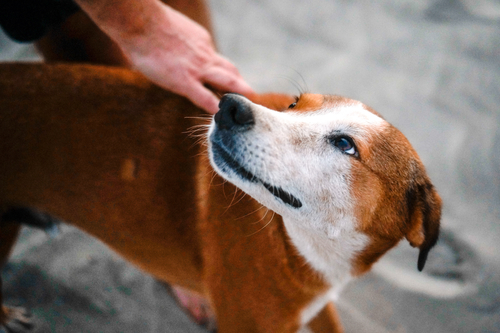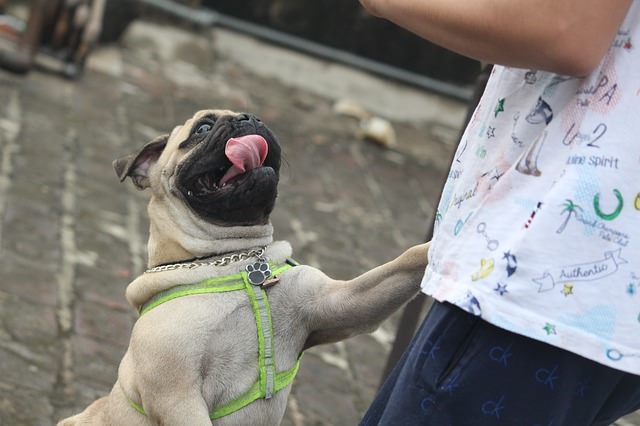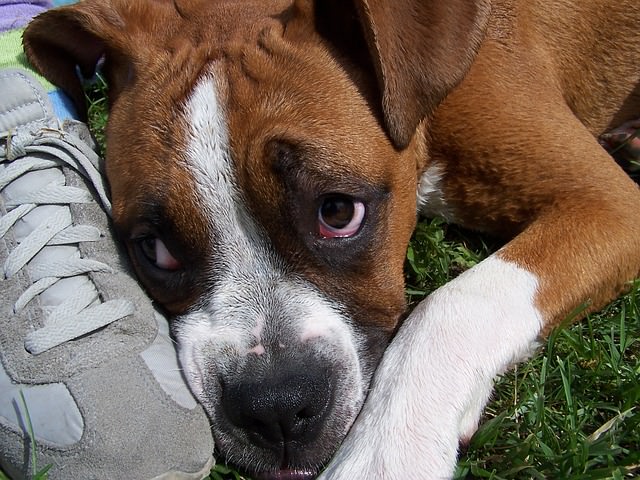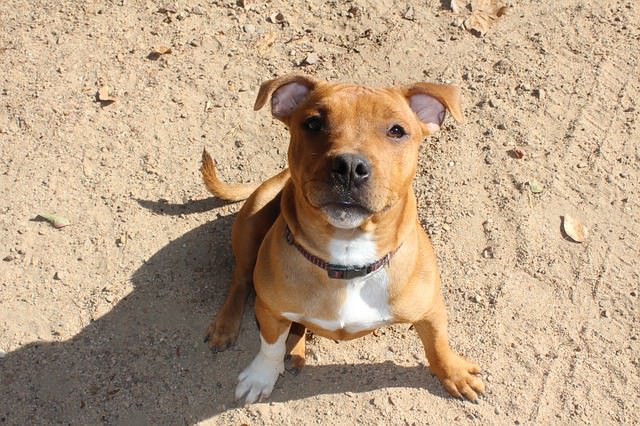Dog owners would find this question to be ridiculous in the face of what they see from their dogs that seems to be jealous behavior. I have always heard about dogs’ jealous guarding of a special human or a resource from my clients so I wanted to look into this more.
I can’t tell you how many times I have heard from a wife that the dog growls at the husband when he approaches or touches the wife when the dog is already engaged with her.

Jealousy in humans is thought to be a complex cognitive and emotional response, so cognitively complex that it has been purported to be unique to humans. Humans experience jealousy in romantic relationships, friend relationships and sibling interactions. According to Personality and Social Psychology Review in 2003, human jealousy was the third leading cause of non-accidental homicide, so it is a source of angst and passionate reactions for us. But where does it really come from and are we the only ones that feel it?
Scientists have postulated that jealousy has evolved from the sibling rivalry idea. Siblings compete instinctively for resources from parents without conscious thought. This competition is more of an evolutionary “survival of the fittest” adaptation.
Relationship and friendship jealousy, for humans, seem to involve more emotional input. Questions about self-worth and personal value seem to be involved in this highly charged response. This component of interpersonal jealousy seems to be a part of our social evolution.

But what about dogs? Do they feel multifaceted jealousy? If so, what can we do about it when it is a damage to our family bond with our dogs?
Science says that they can express jealousy. For an article for PLOS One in July 2014, the researchers applied a jealousy test designed for human infants. The owner was placed in a room with their dog, but asked not to interact with the dog. Each pair was presented an item, either a lifelike stuffed dog (that was able to bark and move) or an inanimate object (to act as a control). The owner was asked to interact with each item exactly as they would with their dog.
Most of the dogs seemed to perceive the stuffed dog as an actual dog, sniffing and responding to it. Among these dogs, most reacted in ways that could be defined as jealousy. Some were aggressive toward the stuffed dog and some just tried to go between the owner and the stuffed dog, pushing it away and attempting to distract the owner from it. None of these dogs seemed to feel threatened by the owner’s interaction with the inanimate object.

The authors concluded that dogs do experience jealousy, although they feel that more work should be done to define the exact mechanism of the jealousy. Certainly the instinctive jealousy that comes from guarding resources and insuring survival plays a role, but also dogs have evolved so closely with humans for so long that they have developed remarkable social communication skills with humans. They may have also established a social complexity with us that causes them to feel the second type of jealousy-the more emotional and societal possessiveness that humans exhibit.
Just because your dog reacts jealously to someone in your family or another dog in your household does not mean that he cannot be trained to react differently. Because of dogs’ extraordinary connection to people, they do try to please us. In an article published for Animal Cognition in January 2015, dogs were shown their owners reacting to identical neutral objects with happiness and disgust consecutively. Then were asked to fetch the items for the owner. They preferentially chose to retrieve the object to which the owner had reacted with happiness. This proves that dogs know when we are pleased and try to satisfy us.

Just because your dog is jealous does not mean that he should be allowed to act negatively to people and animals that he feels competitively about. Distract him before he growls or even tenses. Show him that you are pleased when he reacts calmly or obeys a simple command in these situations (like the example of the husband and wife). In that situation, you might train to your dog to sit and stay while your husband approaches and when he does so, reward the response. If he knows a trained behavior will please you, he has security in that knowledge. Then the situation becomes a positive one for everyone.
Your dog may feel selfish over things he thinks that he needs to survive and he may also feel some emotional protectiveness as well. Even though we are only beginning to recognize dogs for the intricate and multifaceted beings that they are, we have always been lucky they have chosen to evolve by our sides.
